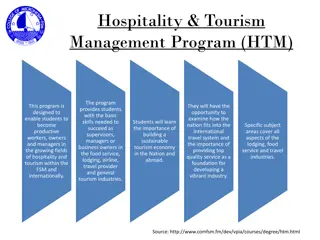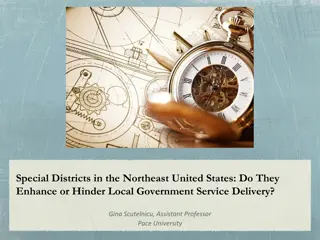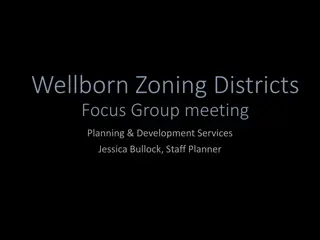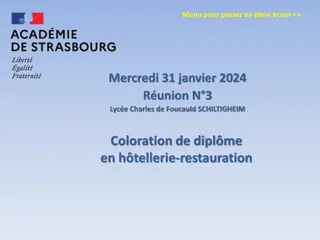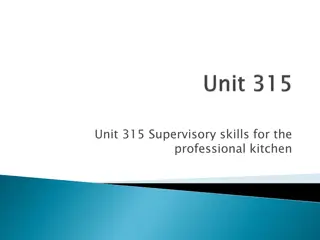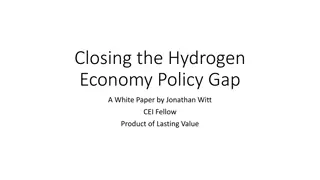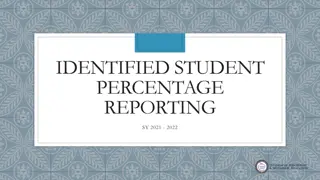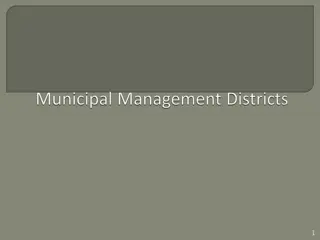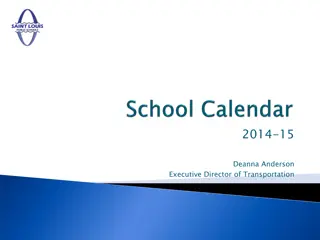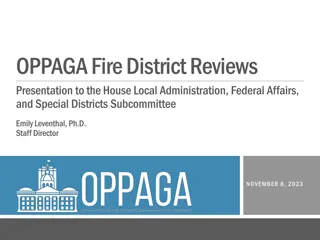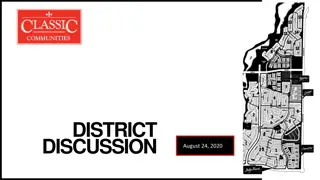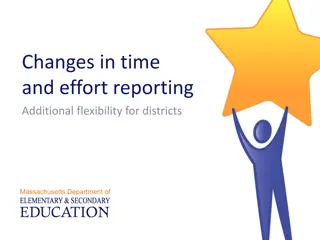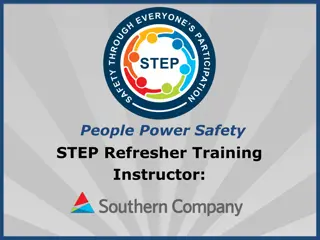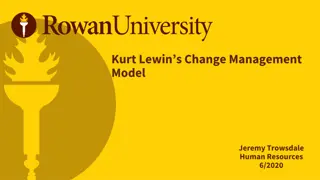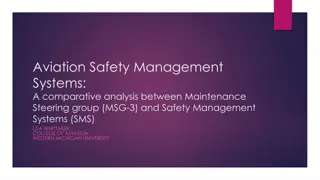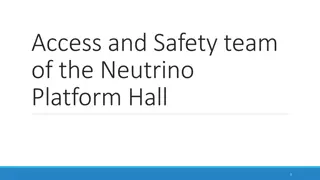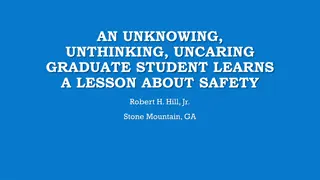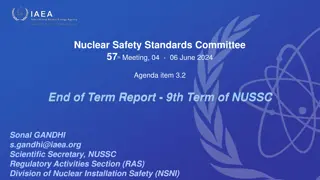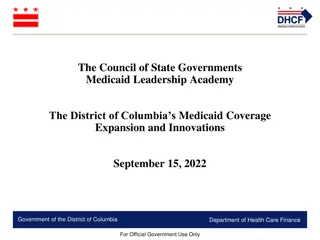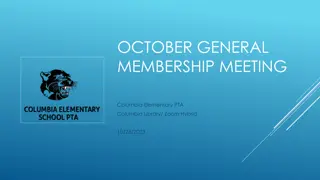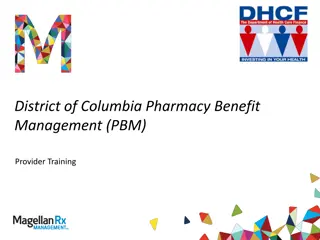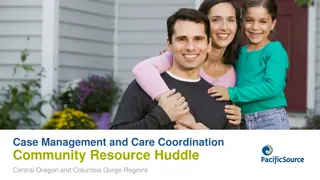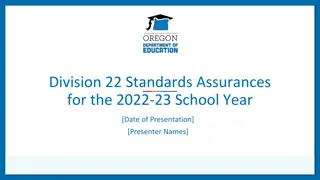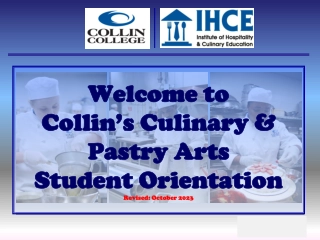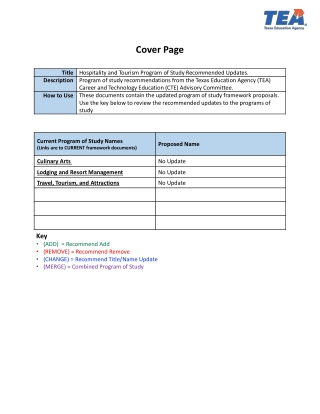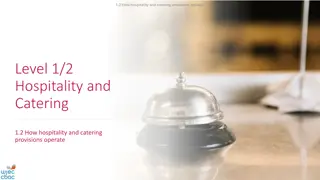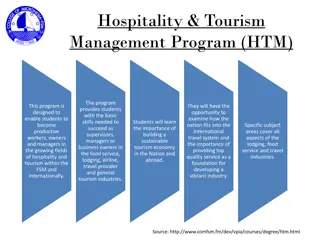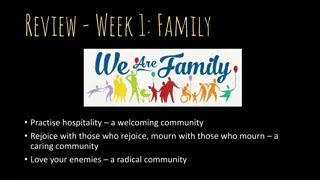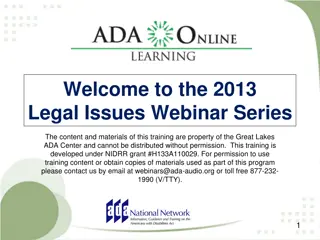Time for Change: Enhancing Safety in Columbia, SC Hospitality Districts
A community-involved, evidence-based approach, "Time for Change," aims to address safety concerns in hospitality districts frequented by USC students in Columbia, SC. Led by the Carolina Community Coalition and supported by various departments, the project focuses on developing comprehensive strategies grounded in environmental and structural risk factors to enhance safety in the area.
Download Presentation

Please find below an Image/Link to download the presentation.
The content on the website is provided AS IS for your information and personal use only. It may not be sold, licensed, or shared on other websites without obtaining consent from the author. Download presentation by click this link. If you encounter any issues during the download, it is possible that the publisher has removed the file from their server.
E N D
Presentation Transcript
Time for Change: A community involved, multilevel, evidence-based approach to improve safety in Columbia, SC hospitality districts
What is Time for Change? 1 year grant to address crime in hospitality districts frequented by USC students Housed in Carolina Community Coalition with collaboration from Departments of Public Health and Criminology and Criminal Justice, and Substance Abuse Prevention and Education (SAPE) office Goal: To develop recommendations for a comprehensive strategy grounded in an understanding of environmental and structural risk factors and evidence-based solutions to improve safety in Columbia, SC hospitality districts.
Multi-level Challenge calls for Comprehensive Solutions Socio-ecological model Dahlberg LL, Krug EG. Violence-a global public health problem. In: Krug E, Dahlberg LL, Mercy JA, Zwi AB, Lozano R, eds. World Report on Violence and Health. Geneva, Switzerland: World Health Organization; 2002:1 56.
University of South Carolina Alcohol Use Statistics Everfi Alcohol Edu- all first year and transferring undergrad students 23 years old Part I completed before arriving, Part II 6 weeks after arrival Educational modules + questions on alcohol use behaviors Fall 2013 data will be presented REQUIRED n=6,106
Tentative Research Plan- Criminology and Criminal Justice Review of public policies (zoning, city ordinances, hospitality revenue, business licensing, etc.) Cost-analysis of economic impact of alcohol- related harms Crime statistics research Crime prevention through environmental design (e.g. lighting, sidewalks) research Crime prevention best practices research Key Informant interviews
Tentative Research Plan- Public Health Review of evidence-based practice approaches on alcohol outlet density and environmental change strategies Analysis of collected data (bar observations, focus group interviews) New data collection (secondary harms, transportation observations, bar service employees) Price per drink analysis price consumption Social media analysis (bar specials, photos, videos) Operating hours of Vista and 5 Points businesses Key Informant interviews
Contact the Research Team Rhonda DiNovo, MSW, CPS Director, Substance Abuse Prevention and Education (SAPE) Phone: 803-777-3844 E-mail: dinovo@mailbox.sc.edu Lesley G. Wiser, Jr., J.D. Instructor, Dept. Criminology and Criminal Justice Phone: 803-777-6503 E-mail: wiserjr@mailbox.sc.edu Danielle Gentile Ph.D. Candidate, Dept. Public Health, SAPE Research Assistant Phone: 716-969-5386 E-mail: gentile2@email.sc.edu Tara Martin Phone: 803-807-3130 E-mail: marti687@email.sc.edu Ph.D. student, Dept. Criminology and Criminal Justice, Research Assistant Jamie Duncan Ph.D. student, Dept. Criminology and Criminal Justice, Research Assistant Phone: 336-509-7717 E-mail: duncan26@email.sc.edu



